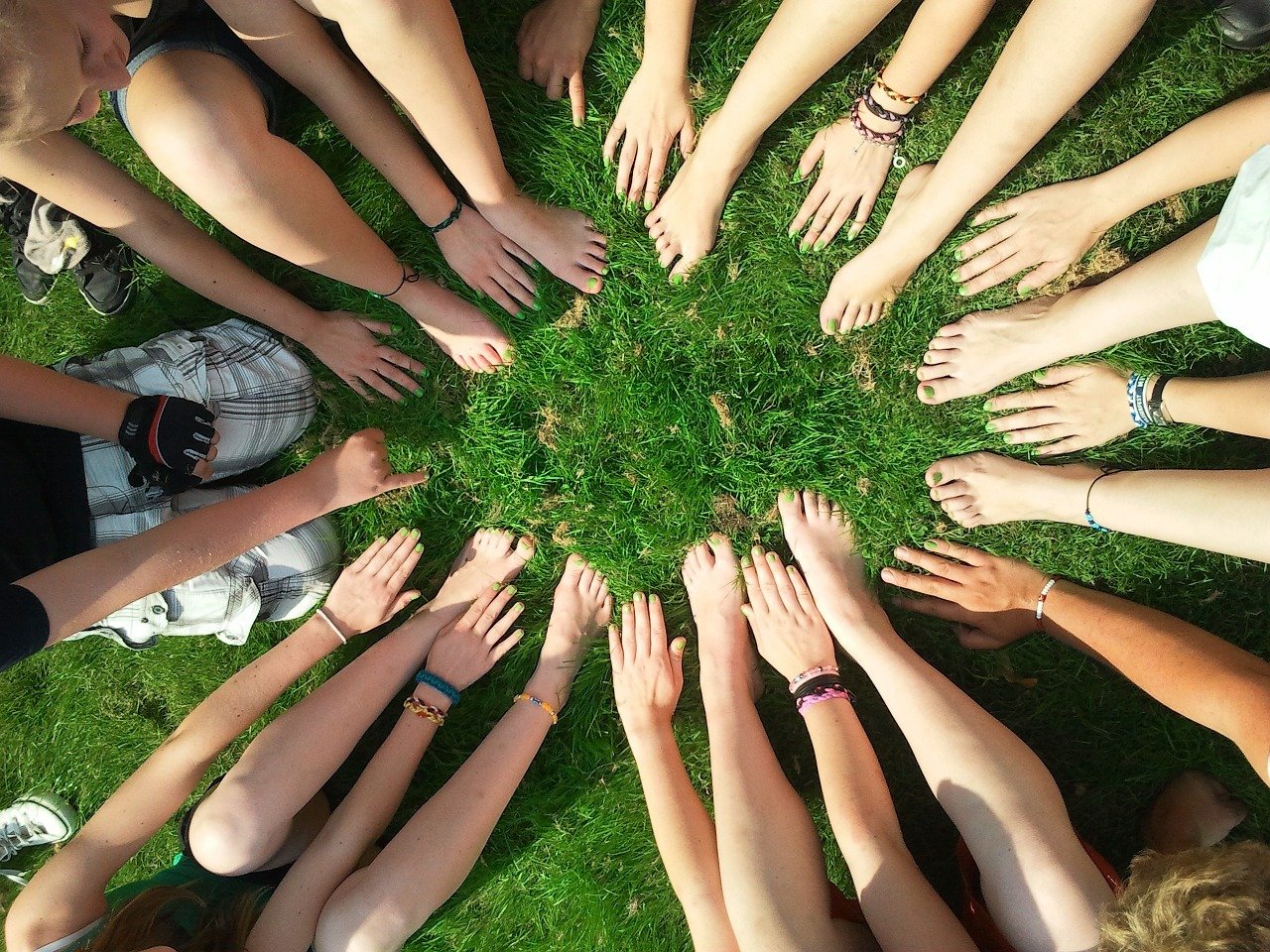The Happy game: Gaming and pro-social behavior
Like many things in life, being sociable and displaying pro-social behavior requires you to put in the work. Being neutral in a social activity is almost the same as being anti-social. You, nor the community, benefit from it then.
You will need to actively become pro-social, interact with others, compliment teammates, sometimes you will need to compromise even sacrifice certain things. I don’t want to say that being social is hard work, as hard work is often seen a negative. And gaming is all about having fun, not doing hard work. But it is a challenge, one worth taking on, as the benefits are great.
As I’ve said gaming has many good benefits, it can become the basis for friendships, locally and internationally, though at the moment this still favors a male population over a female population.
And moderate gaming time, especially among younger people, can lead to increased sociability.
Gaming is collaborative, children, adults, everyone learns to work faster together in a cooperative game. Children become more competent at school, improving learning skills. And adults learn to relax and release stress.
And gaming can even help with teamwork, spreading collective knowledge, crowdfunding, and charity.
The gaming community
If anyone ever says to you that gaming leads to isolation, then you need to simply show that person the world of the online gaming community.
Twitch.tv, owned by Amazon, is the largest streaming platform for games at the moment. And there are hundreds, if not thousands of streamers on there, trying to create and leverage communities for positive goals.
The goals range from donating to charities, such as the good people from GDQ with their twice annual week-long charity streams. To people that simply want to create a safe and fun environment for their fans, like [Day9] or MANvsGAME.
Even, as I’ve mentioned in another post, esports is a great enabler of social interaction. Just look at the large communities that surround the various leagues of ESL, IEM, LCS, HGC, MLG, etc…
All those fans that interact with each other around the games that they love to play.
Conclusion
We love to play games, and we love to talk to each other about the things we love. Multi-player, cooperative, even single-player games allow for social interaction. Communities organically pop-up around games that people love.
Gaming has benefits, but remember everything in moderation. Much like drinking a glass of red wine from time to time can have benefits for your health. But drinking a bottle of wine a day is extremely detrimental to your health.
So, how will you spend your weekend? Binge watching, or messaging some friends for a few games online or inviting them over for a board game with some beers and pizza? I know which sounds more fun to me.


